Are ‘social wellness clubs’ the future of spas?
‘Social wellness clubs’, such as Remedy Place, offer health treatments with an emphasis on human connection. Its founder Dr Jonathan Leary tells Wallpaper* why this is the future of spa culture

When Dr Jonathan Leary opened a group of social wellness clubs, Remedy Place, in Los Angeles in 2019, many doubted it would succeed.
Instead of beauty, aesthetics and spa treatments, the 34-year-old chiropractor and concierge doctor would offer treatments with ‘a quick physiological challenge that brings out the most amplified version of ourselves and can build lasting connections’, he explains. Think: ice baths, saunas, hyperbaric chambers and more. Despite the naysayers, it worked. And five years on, Remedy Place has two more locations, one in New York’s Flatiron and another, newly opened club in SoHo.
Are ‘social wellness clubs’ the future of spas? Founder of Remedy Place Dr Jonathan Leary weighs in
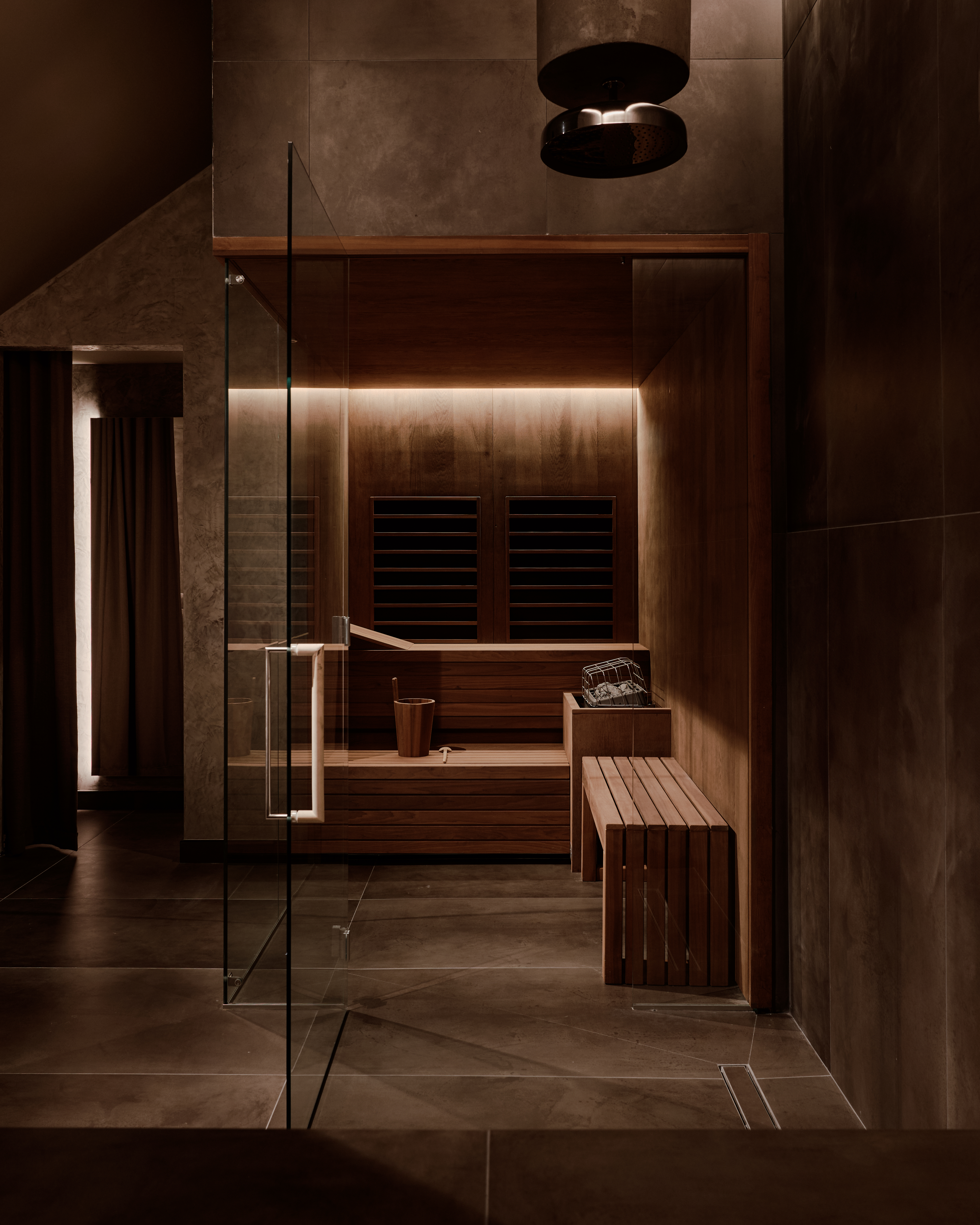
A sauna at Remedy Place SoHo, New York
‘We are more connected than ever, but we are lonelier than ever and sicker than ever,’ says Leary, who notes that a sharp decrease in social interaction, which began at the turn of the millennium, comes with a drastic impact on health. ‘Remedy Place is a self-care club that allows us to have fun while enhancing relationships,’ explains Leary. The clientele is typically 30- and 40-somethings who come together after work to socialise healthily in the club’s design-driven spaces. Sleek, state-of-the-art ice baths and saunas provide a hot and cold fix, and movement screenings, body scans and blood work are gathered to create custom vitamin blends and personalised care plans.
Remedy Place is also an alcohol-free environment and draws a new generation of the ‘sober curious’. ‘Since the pandemic, there has been a gigantic shift to people who don’t drink, or don’t want to drink, or want to minimise their alcohol intake,’ says Leary, who counts himself among them. (To maintain his wellbeing, he also has a sauna three times a week and an ice bath every day, which he believes is ‘the most impactful thing we can do in the shortest time’.)

Remedy Place in SoHo, New York
Visitors to Remedy Place are encouraged to track key biomarkers, as part of a personalised health programme called Meridian. ‘Understanding your health data, uploading it, storing it over a long period is so important, because the more biomarkers you have, the better AI can treat you in the future.’
So how will AI affect our medical futures? ‘It can make things more affordable and accessible; for example, taking a deep-dive into someone’s blood work currently costs thousands of dollars and takes up to ten hours. It’s a gigantic puzzle. AI can read that in seconds and if it draws on data taken from people using wearables in holistic, nature-based therapies, it can make these things more mainstream,’ says Leary.
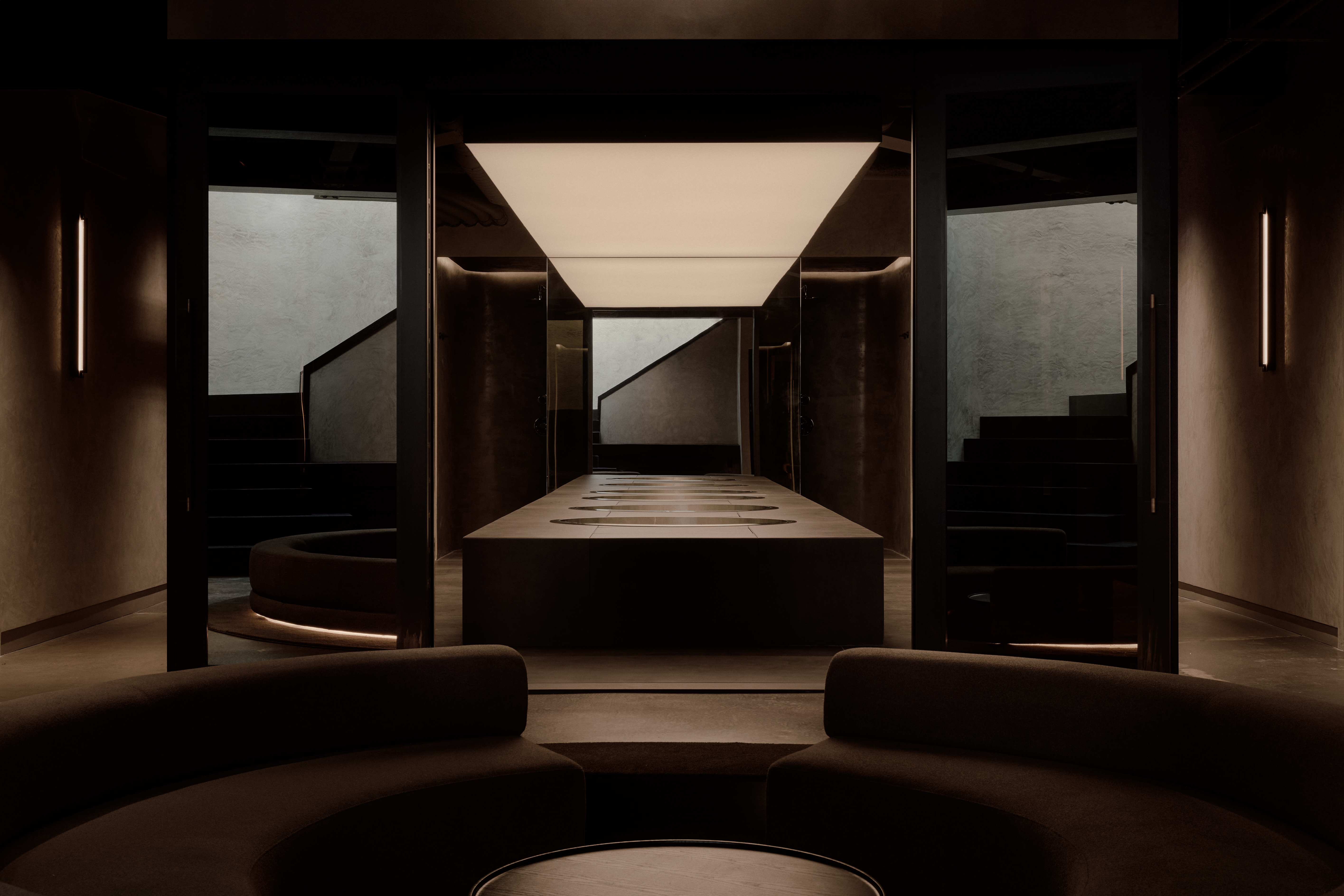
Remedy Place in SoHo, New York
With this in mind, Leary is encouraging guests at Remedy Place to share their health data with health practitioners in the name of science, offering up heart-rate and oxygen-level readings, for example, so that ‘these treatments can get the credibility they deserve’. Starting with his own biometric data, Leary has since developed The Framework – a manual of science-backed remedies and routines that help him feel better. ‘Alternative therapies that actually fix things have been around for a very long time, but the lack of studies into their health benefits is crazy,’ he says. ‘And it’s because no one is going to invest in research that they can’t immediately profit from.’
Receive our daily digest of inspiration, escapism and design stories from around the world direct to your inbox.

Remedy Place in SoHo New York offers a personalised health programme called Meridian, which measures biomarkers such as oxygen levels
Leary was among the industry pioneers who gathered at last year’s Global Wellness Summit, which took place in November (2024). (Remedy Place also partnered with Kohler to launch an ice bath for the home, in October, which was debuted during Miami Design Week 2024.)
At the summit, he witnessed two major trends; on one hand, the desire to push human potential through optimising, enhancing and augmenting ourselves with the aid of tech. But on the other, a need to tap into primal responses, to preserve and protect the fundamental things that make us human. With its offer of alternative therapies and customisable tech, analogue and digital, Remedy Place caters to both. ‘It’s a movement,’ says Leary. ‘And the focus on self-care rather than fitness is only going to grow.’
A photo posted by on
Emma O'Kelly is a freelance journalist and author based in London. Her books include Sauna: The Power of Deep Heat and she is currently working on a UK guide to wild saunas, due to be published in 2025.
-
 The most comprehensive showing of Nan Goldin’s photographs and films is intense and emotional
The most comprehensive showing of Nan Goldin’s photographs and films is intense and emotionalNan Goldin's moving-image work makes a heavy impact in ‘This Will Not End Well’ at Milan’s Pirelli HangarBicocca
-
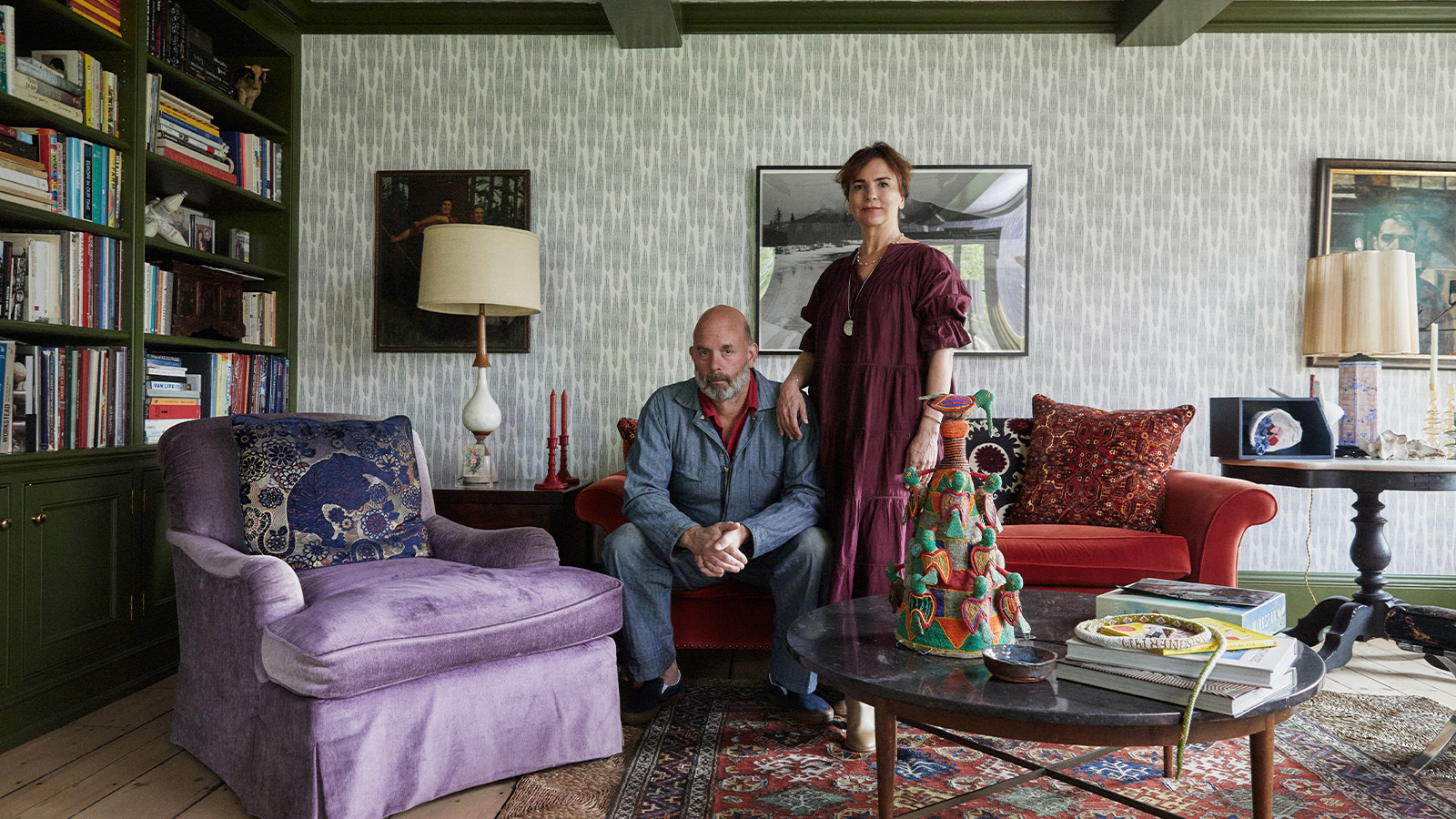 How We Host: Interior designer Heide Hendricks shows us how to throw the ultimate farmhouse fête
How We Host: Interior designer Heide Hendricks shows us how to throw the ultimate farmhouse fêteThe designer, one half of the American design firm Hendricks Churchill, delves into the art of entertaining – from pasta to playlists
-
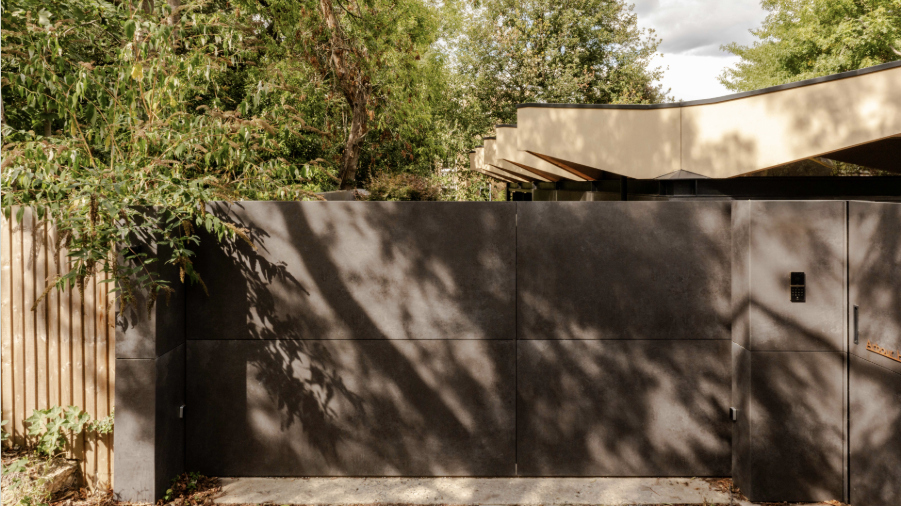 Arbour House is a north London home that lies low but punches high
Arbour House is a north London home that lies low but punches highArbour House by Andrei Saltykov is a low-lying Crouch End home with a striking roof structure that sets it apart
-
 Matthieu Blazy takes to the New York subway for his joyful sophomore Chanel show
Matthieu Blazy takes to the New York subway for his joyful sophomore Chanel showAt the disused Bowery station in downtown Manhattan, Blazy channelled New York’s distinct energy for his first Métiers d’Art show – an astute balance of fantasy and reality
-
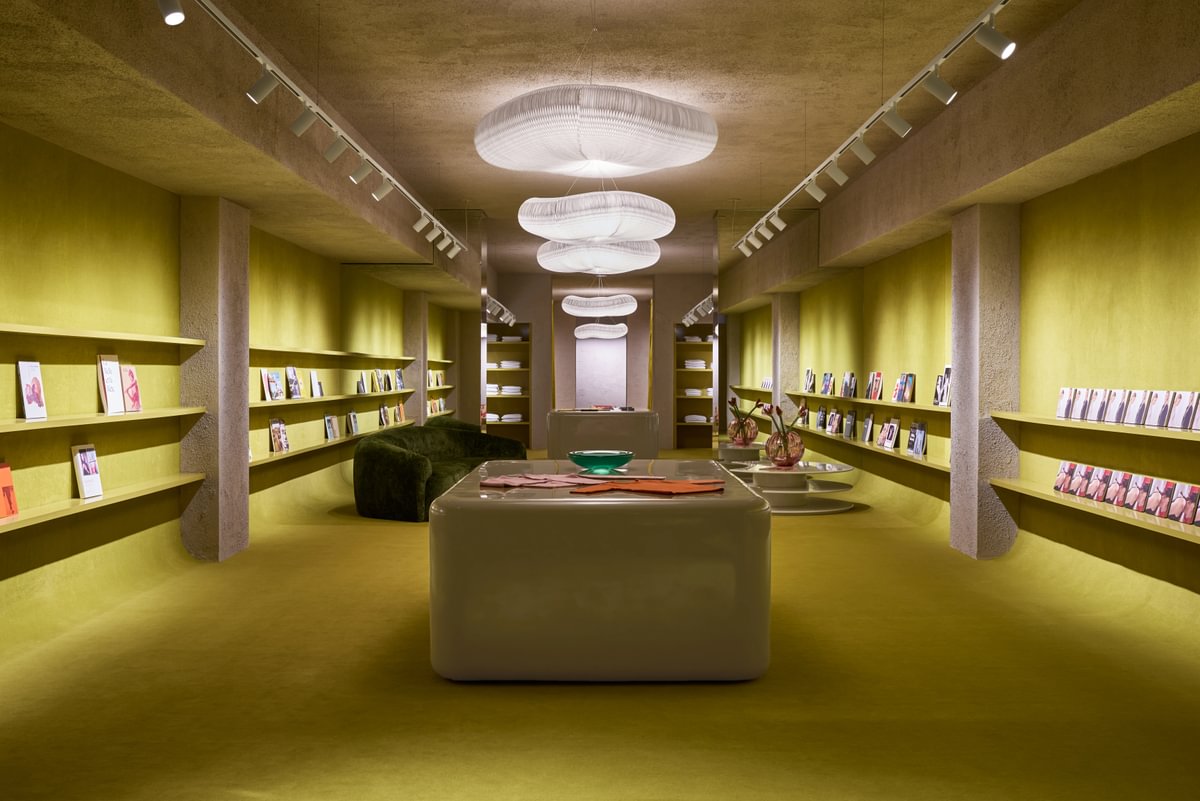 Extreme Cashmere’s New York store is a haven for knitwear and furniture lovers alike
Extreme Cashmere’s New York store is a haven for knitwear and furniture lovers alikeDesigned to evoke a ‘luxurious home’, the Amsterdam-based knitwear label’s sophomore store on New York’s Mercer Street features an enviable interior curation – from poppy-print Milo Baughman chairs to a hot-pink Sabine Marcelis ‘donut’
-
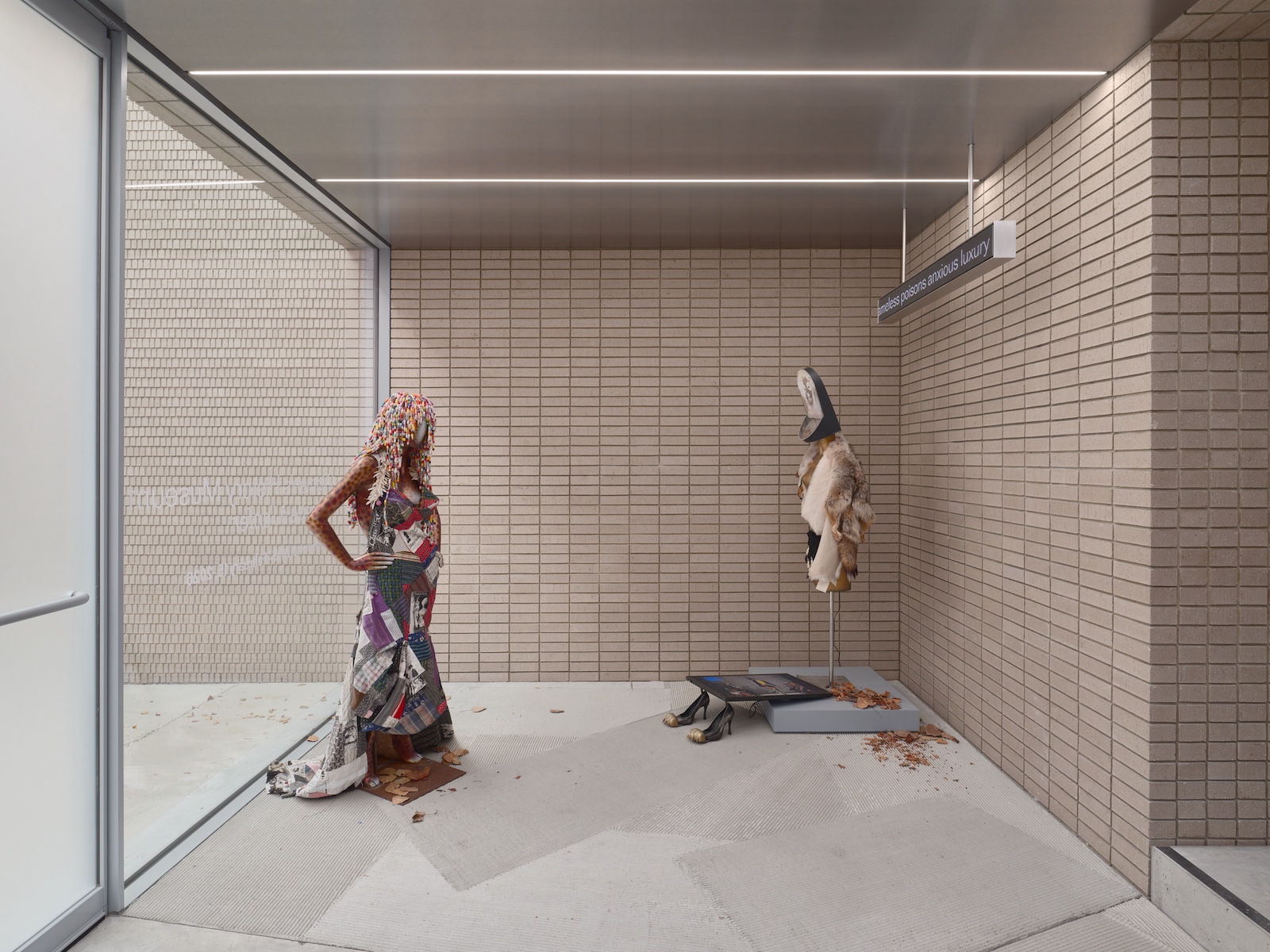 The story behind rebellious New York fashion label-cum-art collective, Women’s History Museum
The story behind rebellious New York fashion label-cum-art collective, Women’s History MuseumMattie Barringer and Amanda McGowan’s multidisciplinary label has been challenging fashion’s status quo for the past decade. As they open a new exhibition at Amant, Brooklyn, the pair sit down with Wallpaper* to discuss their provocative approach
-
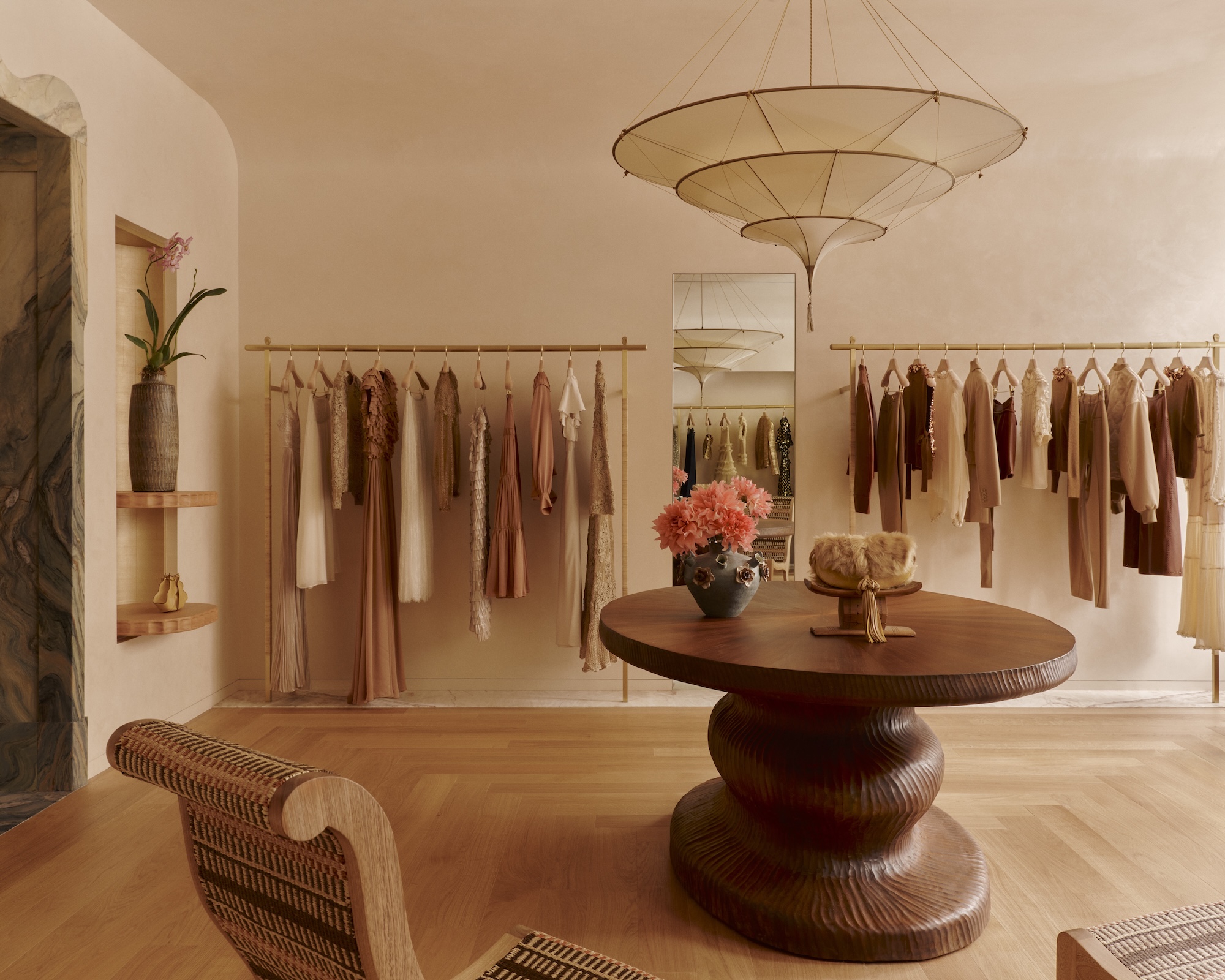 Ulla Johnson’s new Upper East Side boutique feels like a ‘glowing jewel box of treasures’
Ulla Johnson’s new Upper East Side boutique feels like a ‘glowing jewel box of treasures’Design studio Valle de Valle took cues from the neighbourhood's historic buildings, from the Frick to the Carlyle, in designing this dreamy boutique
-
 The key takeaways from the S/S 2026 shows: freedom, colour and romance define fashion’s new chapter
The key takeaways from the S/S 2026 shows: freedom, colour and romance define fashion’s new chapterWe unpack the trends and takeaways from the S/S 2026 season, which saw fashion embrace a fresh start with free-spirited collections and a bold exploration of colour and form
-
 From wearable skincare to scented runways, unpacking the unconventional beauty moments of fashion month S/S 2026
From wearable skincare to scented runways, unpacking the unconventional beauty moments of fashion month S/S 2026The S/S 2026 season featured everything from probiotic-lined athleisure to fragranced runways – and those Maison Margiela mouthguards
-
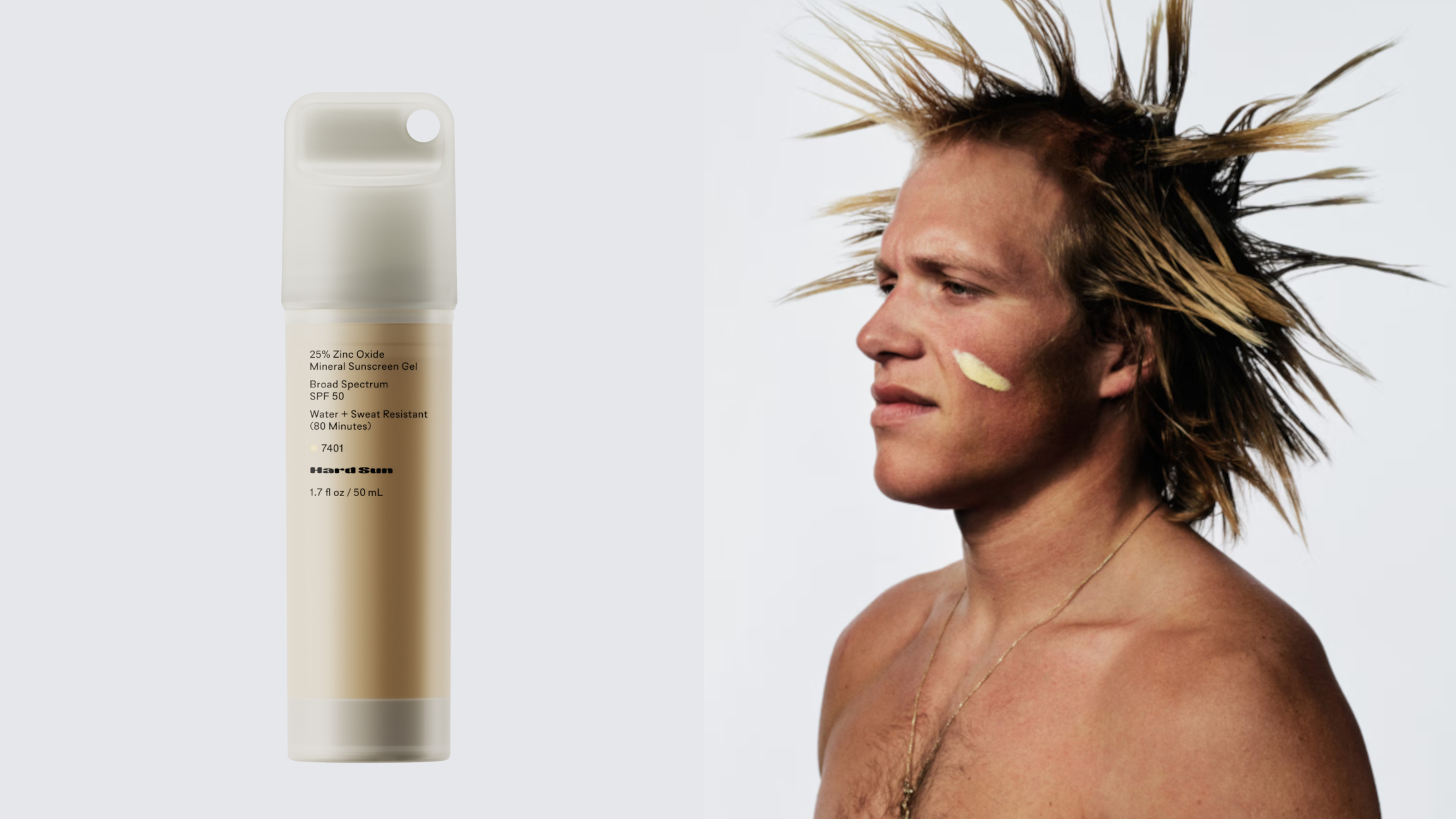 Hard Sun is the NYC brand revolutionising sunscreen
Hard Sun is the NYC brand revolutionising sunscreenThis high-protection mineral formulation comes with sleek packaging and skincare benefits
-
 Griffin Frazen on conceiving the cinematic runway sets for New York label Khaite: ‘If people feel moved we’ve succeeded’
Griffin Frazen on conceiving the cinematic runway sets for New York label Khaite: ‘If people feel moved we’ve succeeded’The architectural designer – who helped conceive the sets for ‘The Brutalist’ – collaborates with his wife Catherine Holstein on the scenography for her Khaite runway shows, the latest of which took place in NYFW this past weekend